SUMMARY
This is AI generated summarization, which may have errors. For context, always refer to the full article.
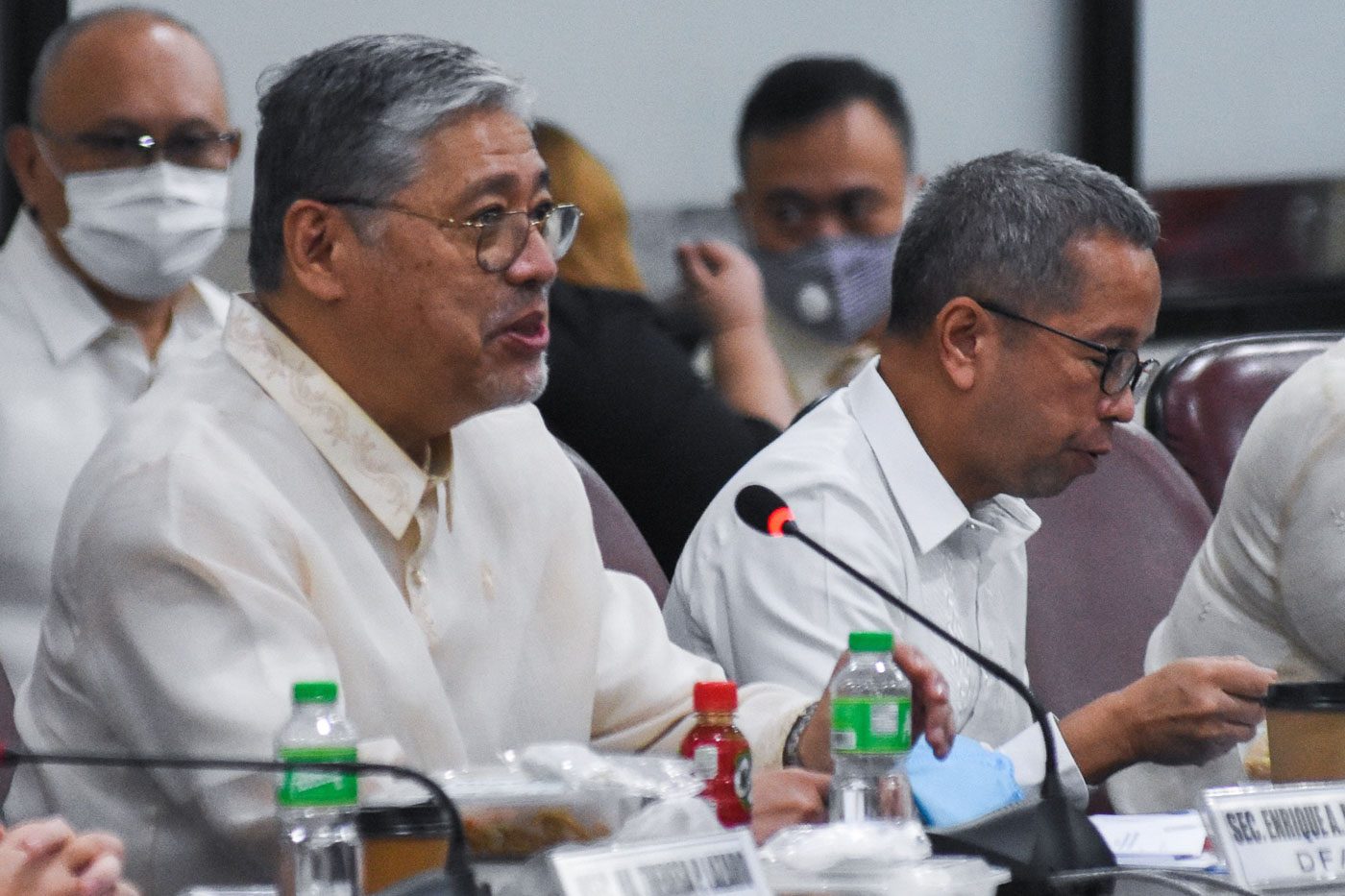
MANILA, Philippines – After a tumultuous six years in the West Philippine Sea under the administration of then-president Rodrigo Duterte, Philippine Foreign Secretary Enrique Manalo assured lawmakers that the Department of Foreign Affairs (DFA) “will not let China forget” about its dispute with Manila in the waterway.
Manalo, the first career official to serve as the Philippines’ top diplomat in nearly two decades, made the vow as he fielded questions from representatives in Congress seeking clarification on how the new Marcos administration would handle the country’s dispute with China in the South China Sea.
“Our immediate goal is, while we maintain our position, while we recognize that there are differences, it is important we learn to manage those differences without giving up our position and our concerns. And we will consistently harp on that,” Manalo said during the House of Representatives’ hearing on the DFA’s proposed budget for 2023.
Lawmakers welcomed his clarity and firm tone, and expressed optimism that Filipinos’ rights would be defended in the West Philippine Sea.
“While we maintain that dialogue and press on those points, we will not let China forget about this issue. And that’s how we intend to proceed,” Manalo said.
Filipinos have long wanted the government to defend and assert the country’s claims in the West Philippine Sea. Under Duterte, however, the maritime dispute, along with Manila’s landmark arbitral award against China in the South China Sea, had been downplayed in favor of loans and grants from Beijing.
The strategy of compromises, experts said, failed to evolve, let alone advance the country’s position in the West Philippine Sea. Most of China’s economic pledges had likewise failed to materialize despite Duterte’s preference for warm ties with the Asian giant.
Facing lawmakers, Manalo reiterated that the Philippines would uphold the 2016 Hague ruling, which “conclusively settled the status of historic rights and maritime entitlements in the South China Sea.”
“It (arbitral award) declared as without legal effect claims that exceeded geographic and substantive limits of maritime entitlements under the UNCLOS…. It upheld the Philippines’ sovereign rights to jurisdiction in its exclusive economic zone. It not only sets reason and right in the South China Sea, but is an inspiration for how matters should be considered: through reason and right by states facing similarly challenging circumstances,” Manalo said.
Commemorating the award’s sixth anniversary last July 12, Manalo also said the award, along with the United Nations Convention on the Law of the Sea (UNCLOS), would serve as “twin anchors” of the Philippines’ policy on the West Philippine Sea – a position that Albay Representative Edcel Lagman said had left him “elated.”
During the hearing, Manalo said that while the DFA would consistently raise the West Philippine Sea and Hague ruling with China in meetings with its officials, the DFA would likewise raise the issue in regional fora among the Association of Southeast Asian Nations as well as international venues like the United Nations General Assembly.
Manalo said: “It is by consistently referring to this that we’re able to uphold the President’s directive and policy. That is how we are implementing what we say are the anchors of our approach.”
The Philippines’ top diplomat likewise said he was hopeful that more countries would declare their support for the arbitral award as Manila seeks to keep it on the agenda when meeting with representatives of foreign governments.
Among countries that have declared their support and called on China to abide by the 2016 Hague ruling are the Untied States, Japan, Australia, Canada, Germany, France, Denmark,and the European Union.
“Our belief is that the more and more countries in the future that can speak out in favor of the arbitral ruling, it will create some diplomatic pressure on China, at least, to realize that the international community, or at least more and more members of the international community are supporting the ruling,” Manalo said. – Rappler.com
Add a comment
How does this make you feel?
![[In This Economy] Why Marcos is getting high on unprogrammed funds](https://www.rappler.com/tachyon/2024/07/TL-marcos-program-funds-july-19-2024.jpg?resize=257%2C257&crop=265px%2C0px%2C720px%2C720px)
![[In This Economy] Is the Marcos government unlawfully dipping into PhilHealth funds?](https://www.rappler.com/tachyon/2024/07/marcos-government-philhealth-funds-july-12-2024.jpg?resize=257%2C257&crop=425px%2C0px%2C1080px%2C1080px)


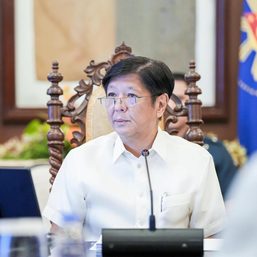

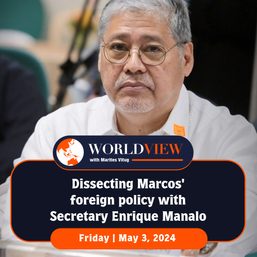
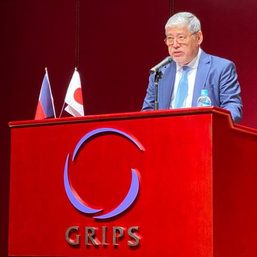
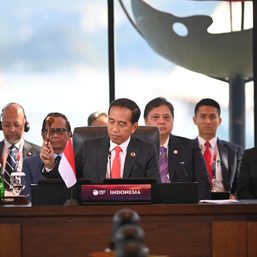
![[EDITORIAL] Paalam Albert del Rosario – makabayan, maginoo, ehemplong lingkod-bayan](https://www.rappler.com/tachyon/2023/04/animated-albert-del-rosario-death-carousel.jpg?resize=257%2C257&crop_strategy=attention)
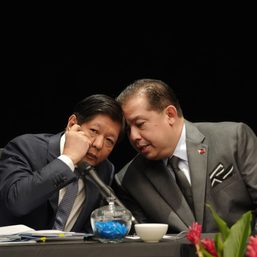




![[OPINION] Unpaid care work by women is a public concern](https://www.rappler.com/tachyon/2024/07/20240725-unpaid-care-work-public-concern.jpg?resize=257%2C257&crop_strategy=attention)

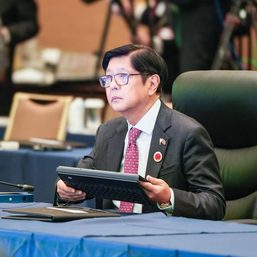

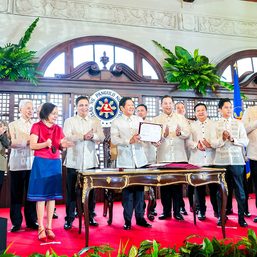






![[Just Saying] SONA 2024: Some disturbing points](https://www.rappler.com/tachyon/2024/07/TL-marcos-sona-points-july-23-2024.jpg?resize=257%2C257&crop=335px%2C0px%2C720px%2C720px)

There are no comments yet. Add your comment to start the conversation.